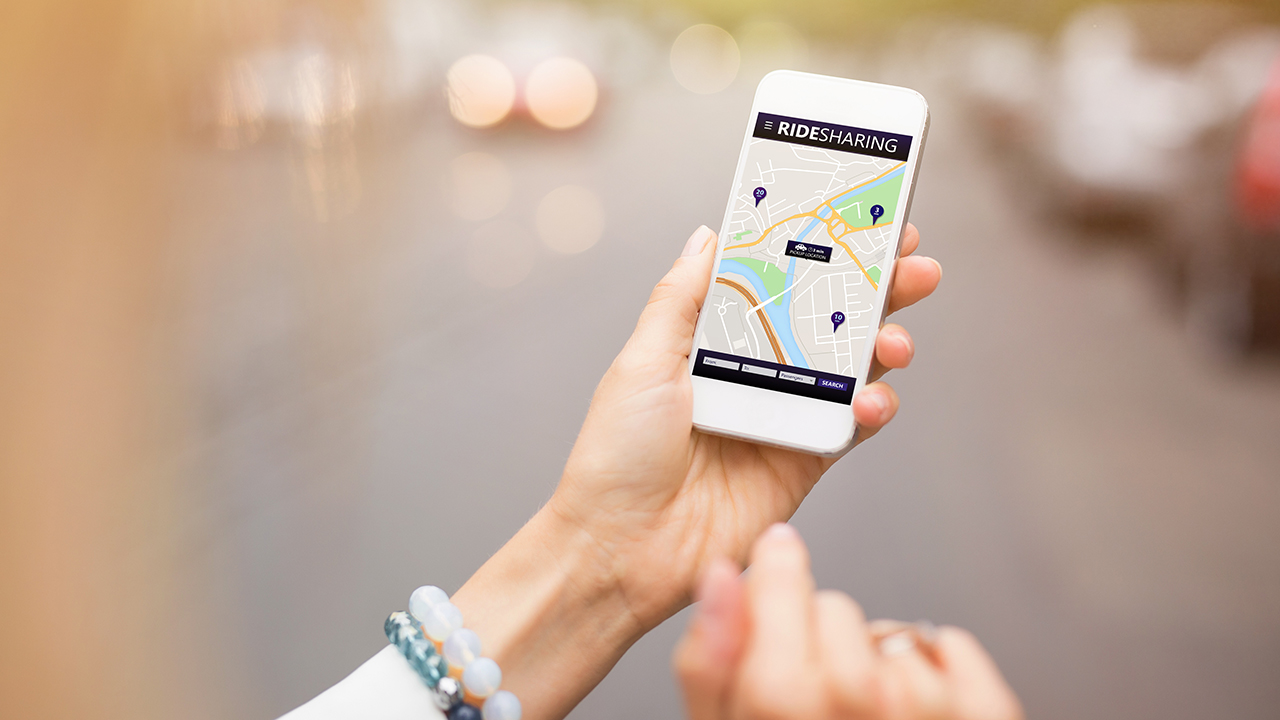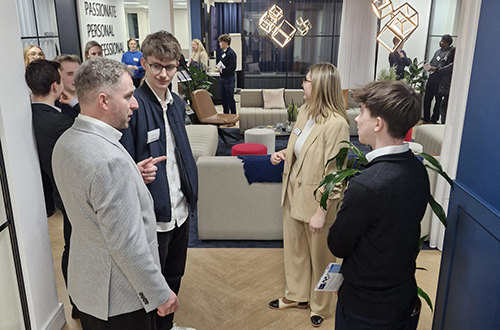A couple of years ago HMRC challenged Uber’s business model.
This is the old story of who is seen as supplying the goods and services. Uber argued that the drivers were self-employed and therefore any supplies were made independently of Uber, with Uber only liable for VAT on commission fees earned.
HMRC argued that the supplies of the transport were seen by the user as a supply by Uber. It’s a very common question for a tribunal to ask who the ‘man in the street’ would see as the supplier in such circumstances. Recently a tribunal updated the man in the street/on the Clapham omnibus definition to ‘game show contestant’ (although whether they had in mind Only Connect or Tipping Point is unclear). However, HMRC’s route to establishing who is supplying what was via a different route than that usually taken.
The issue of whether the Uber driver was seen as the supplier rather than Uber itself, was not initially for tax purposes but for licencing and contractual obligations for the protection of the user. In late 2021, the High Court ruled that Uber was seen as the party with whom the passenger had contracted. As the supplier rather than an introductory agent, the issue of who paid the VAT then became Uber important.
Uber said that it has started charging VAT on rides from early 2022. The payment that Uber has made to HMRC - £615m - is to ‘resolve all outstanding VAT claims’.
The fact that this amount has been paid without a tribunal hearing on the matter indicates that Uber realised its position and thought this a more financially beneficial route than tribunal.
It’s interesting that the unique selling point of Uber seems to have been undone with the result, and it is effectively a taxi business that uses an app to book a cab. The drivers now have worker’s rights and the customers now have VAT to pay and, what appears to be two separate issues, are completely interlinked.
At the time this was seen as a victory for HMRC and the view was that HMRC would then use this to challenge other similar business models. Then in 2023 a similar business to Uber, Bolt, won a Tribunal that the supply they make was subject to the Tour Operator’s Margin Scheme (TOMS). This meant that VAT was only due on the profit margin of the supplies being made.
Since that case it has been reported that Uber has approached HMRC to get the same treatment for their supplies and no doubt revisit the earlier payment made, but to date there has been no news of any outcome made public.
As ever, if you have a VAT issue relating to this topic or any other VAT issues that you want to address, please contact us .
If you have any questions about the above, or would like more information specific to your circumstances, please enter your email address below and we will get in touch:
Related View All













